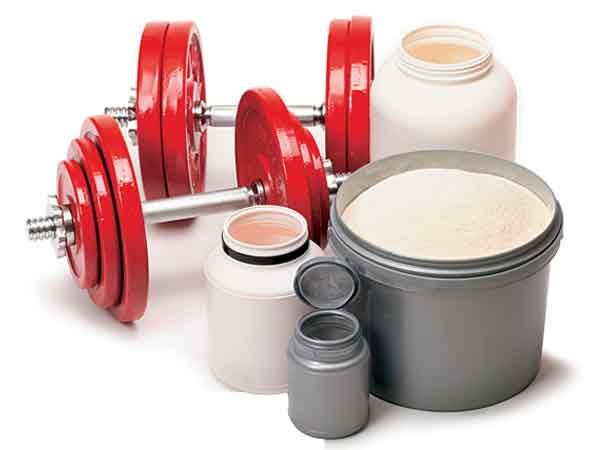
Whey is the liquid that’s obtained when you curdle milk and strain out the solids. The history of whey is as old as the history of cheese. As it’s a by-product produced during the process of making cheese, people have been having whey ever since they learnt to make cheese. Even Hippocrates, the father of modern medicine, acknowledged it as a health drink for its high protein and mineral content, and recommended it.
Wonder Whey
Speaking about the benefits of whey, Mumbai-based dietician and nutritionist Kajal Thosani says, “Whey protein is generally used by people who do heavy workouts to build muscle. It inhibits the production of the stress hormone, cortisol, thereby enhancing muscle growth. It also helps to minimise loss of muscle and bone minerals during ageing. Whey contains an antioxidant called glutathione, which strengthens the immune system. This explains why it’s favoured by athletes who do heavy workouts. Glutathione is also known to protect against age-related diseases like cataract, Parkinson’s and Alzheimer’s.” Bangalore-based fitness trainer Wanitha Ashok adds, “Whey protein intake should be matched with a rigorous workout for optimum results. Anyone aiming for general fitness can drink natural whey derived from curdled milk in small quantities or opt for simple plant or lean meat protein, as this would be enough to meet their
body’s needs.”
Au Naturel
Natural whey strained from curdled milk can be used to knead dough for breads and rotis. It can also be substituted for milk or added in shakes and smoothies.
Red Flags
- Kajal insists that whey, especially in supplement form, should not be taken without medical supervision as there could be many complications.
- Whey can cause stomach pain, diarrhoea, bloating and cramps in those who suffer from lactose intolerance.
- It can also trigger allergic reactions and cause rash, cough and congestion.
- Consuming excess whey can negatively affect our kidney functions, as our kidneys metabolise the protein that enters our body. When whey protein is consumed in excess, our kidneys are forced to work harder to expel urea. This could potentially lead to kidney disorders such as kidney stones, and in severe cases, kidney failure.
- Excessive whey leads to mineral imbalance, thereby causing osteoporosis.
- If you are on any medication, avoid consuming the prescribed drugs along with whey as efficacy of drugs can be altered when combined with milk whey protein.
- Too much of whey can cause drowsiness, as it produces an amino acid called tryptophan in our system, which works as a natural sedative.




